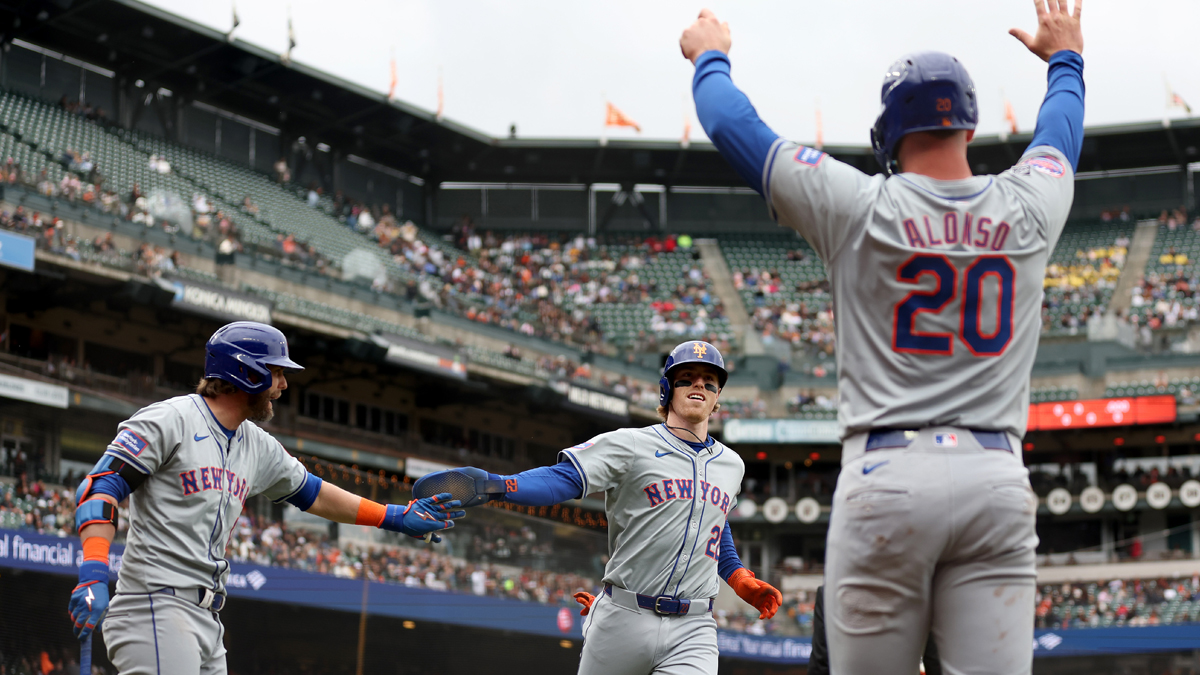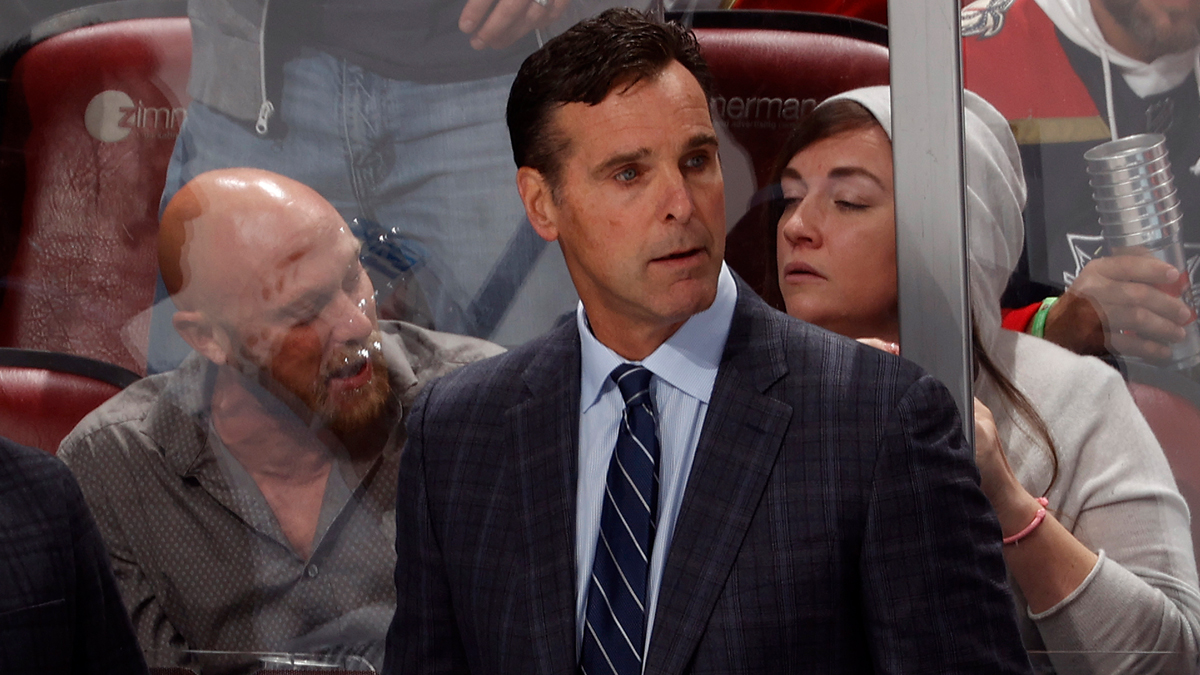O.J. Simpson is free. The system as it is defined by those who run it in the case of the Nevada Parole Board, worked.
But the issue that lingers is whether we can free ourselves of him. That system is far more amorphous, arbitrarty and essentially unfair. And in its own revolting way, it works too.
The O.J. market has always been bullish. The old cliché that people can't get enough no matter how much you shovel at them is more true for him than for any other sports figure of the last 50 years. More than Tiger Woods. More than LeBron James. More than Michael Jordan. More than all of them.
And now his parole hearing, televised and streamed by every outlet except Home & Garden Television, proved it again. He will never not be O.J.
But he is also 70. He is also planning to go to Florida and be with his family, based on what he told the parole board Thursday. He has assiduously avoided the media in his nine years in Lovelock, and if his family is providing the support it pledges, it will do its utmost to keep him from our prying eyes as he enters his dotage.
There is nothing we have that can do him any good. We have eaten all the forms of O.J. there are, culminating in the Emmy-award winning documentary on him, and finally, his release from prison. If he is wise as well as smart, here's nothing left of his life but re-airs.
Sports
So the question becomes not so much whether he can leave fame alone, or whether fame can leave him alone. Our national appetite is poor on the topic of leaving people be, let alone deciding enough is enough. The fame we make for people gorges, purges and gorges again, in a hideous cycle that demeans all involved.
In sum, O.J. Simpson can, if he is paying attention to the value of normalcy, end his addiction to fame. I have far more serious doubts about fame and its addiction to him.



